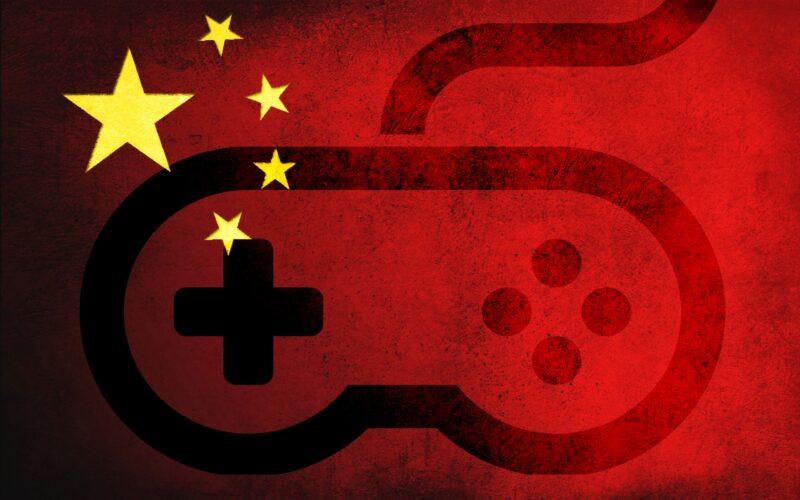China’s NPPA agency (The National Press and Publication Administration) holds a tight grip on the game industry to protect the country’s youth from video game addiction. The agency finally issued licenses after a freeze lasting for over 18 months. Yet the declining number of licenses in each batch reveals a concerning pattern for the game industry. The agency granted 97 licenses in 2020, 180 in 2019, 456 games in 2017, and 76 games recently.
This policy pushes the companies to find alternative solutions to stay in the competition. NetEase, the world’s largest technology company by revenue, and Tencent, the world’s largest video game company by revenue, resorted to resurrecting old IPs to work around the problem. They are even considering to revive even some of the ideas that were dismissed previously.
NetEase losing its partnership with Blizzard has forced the company to resort to such solutions since it has lost the rights for major titles like Hearthstone, World of Warcraft, and Overwatch. Both companies are also considering releasing MMO titles, hoping to fill the gap left by the loss of some major titles.
The fact remains that remaking dismissed IPs is not a guaranteed way to success, and the regulations limit the modifications and new content that can be added to such games. Recycling old IPs offers some benefits like shorter development time and cost, but time will tell if this solution will succeed or at least offer a life buoy for companies until the restrictions ease.





